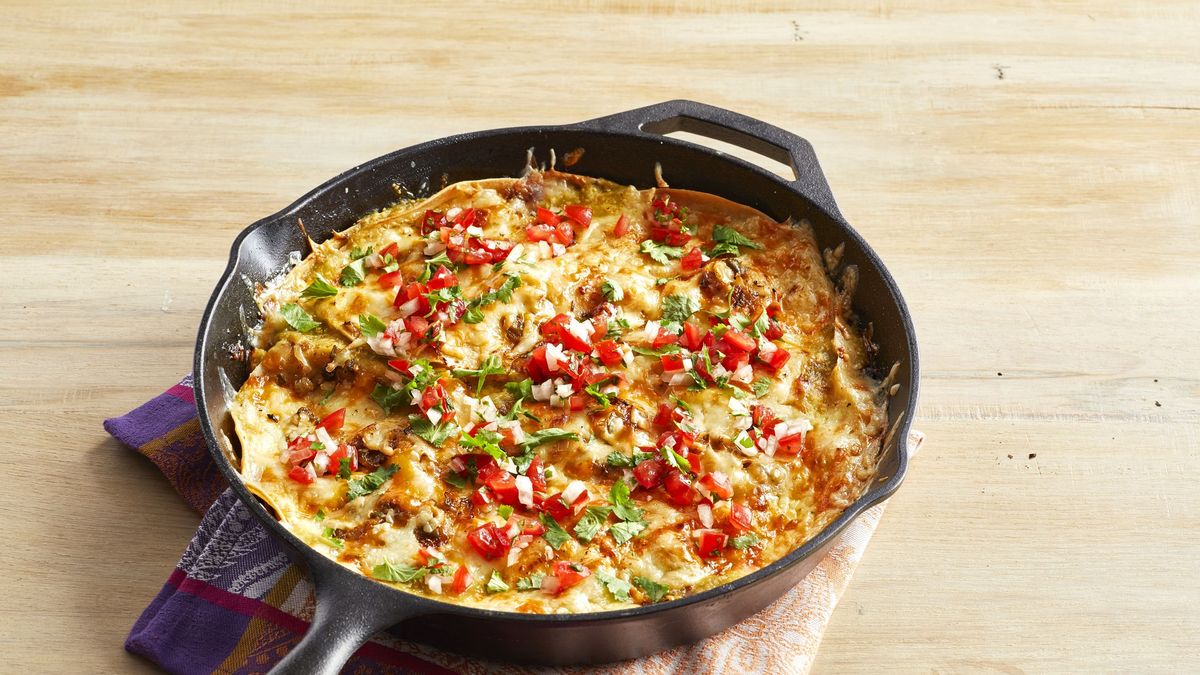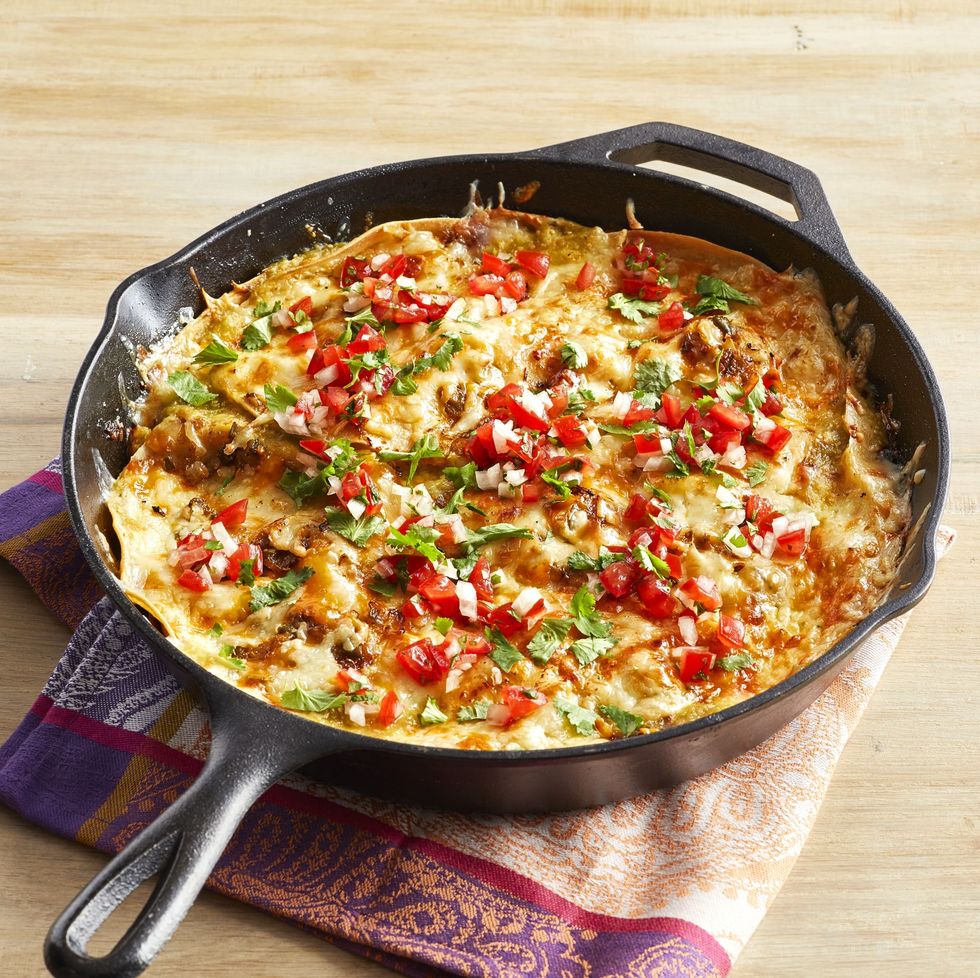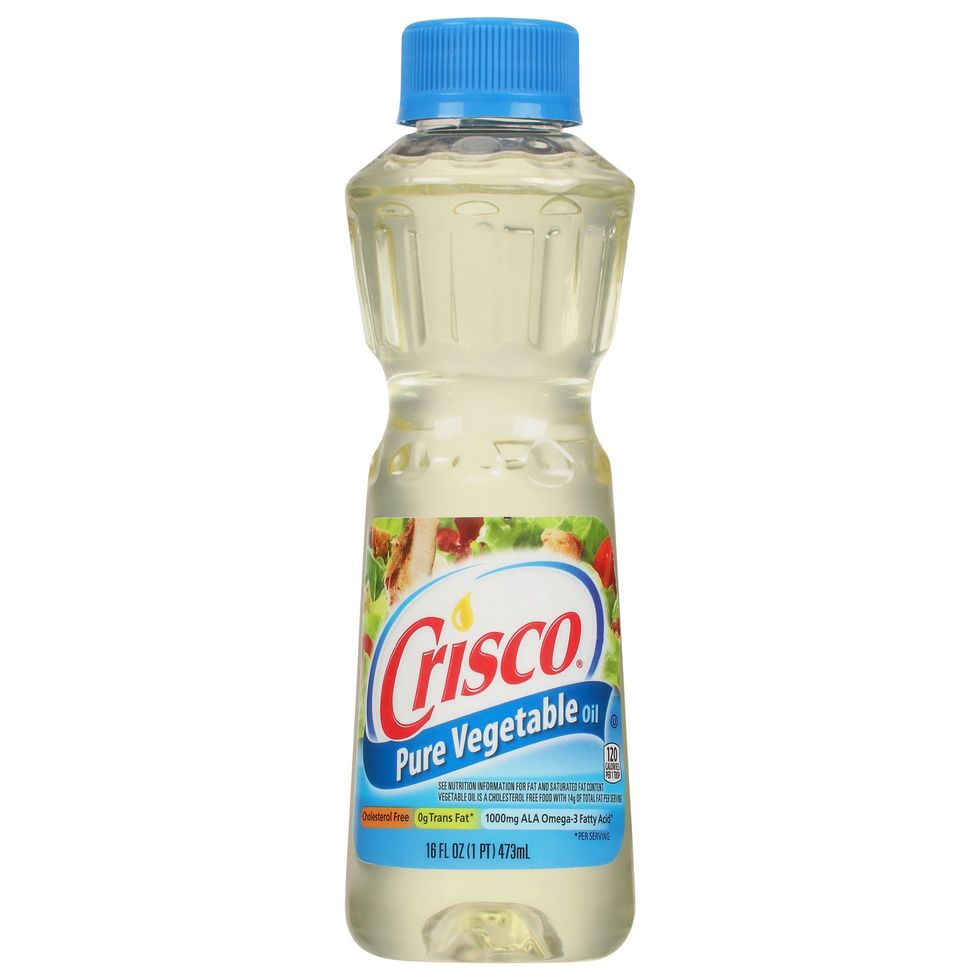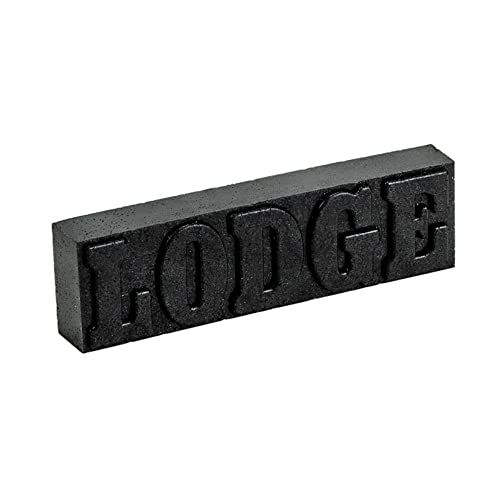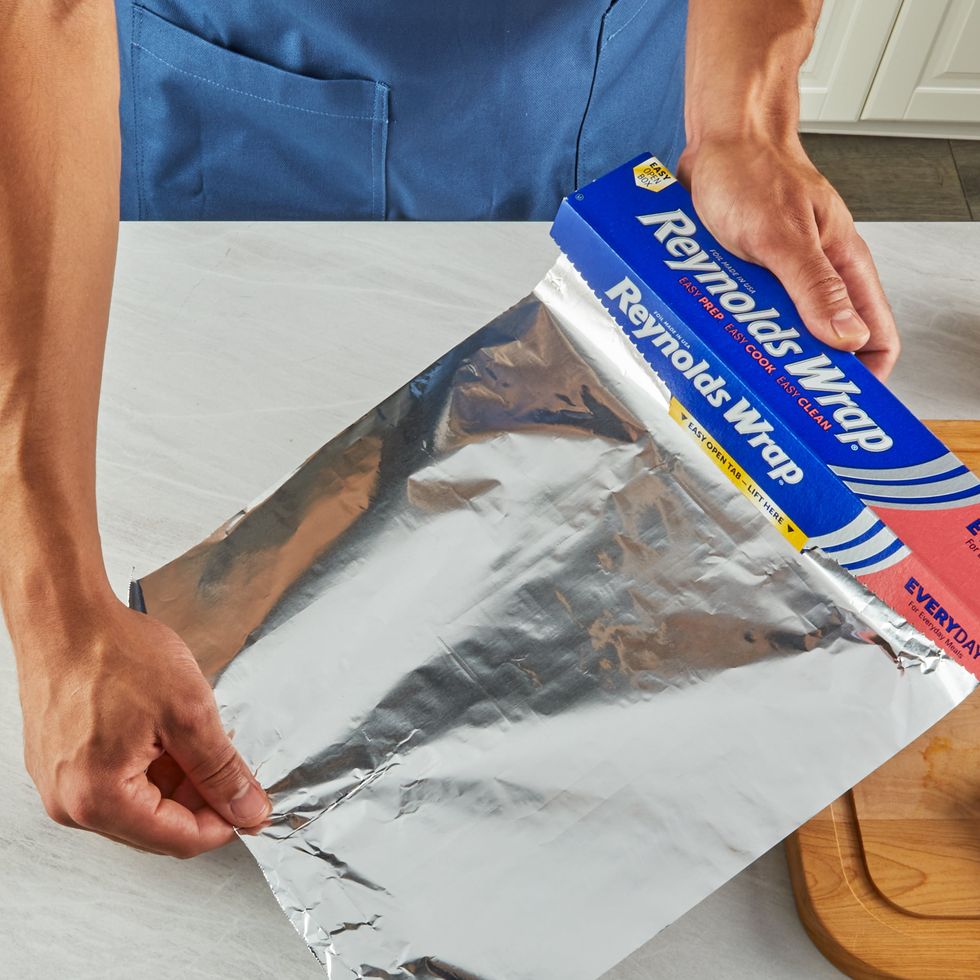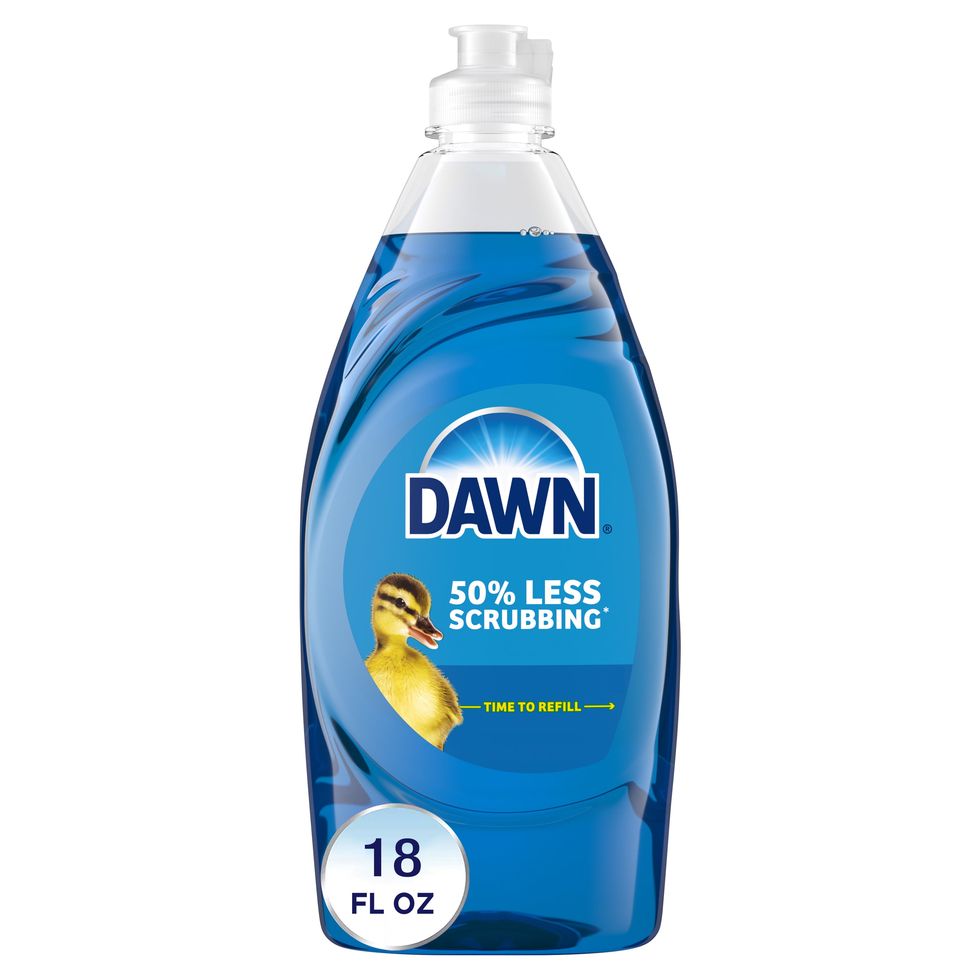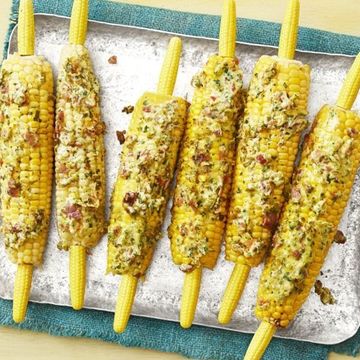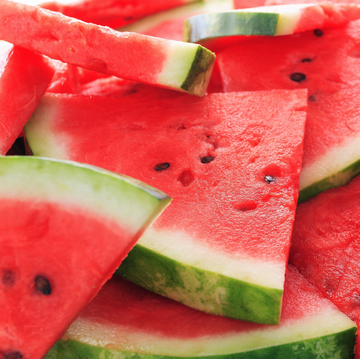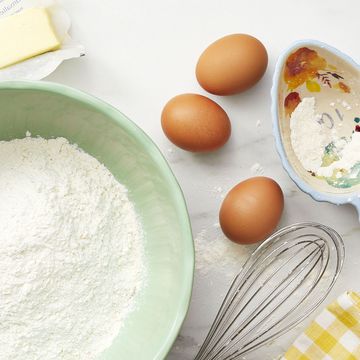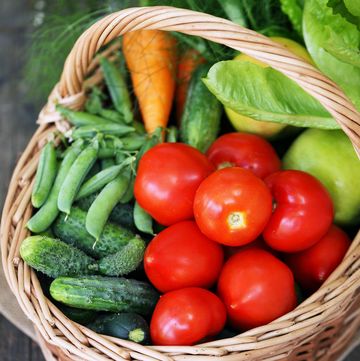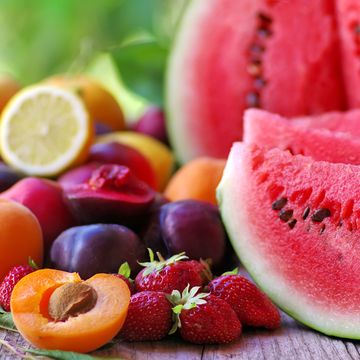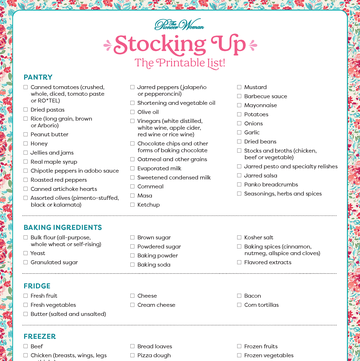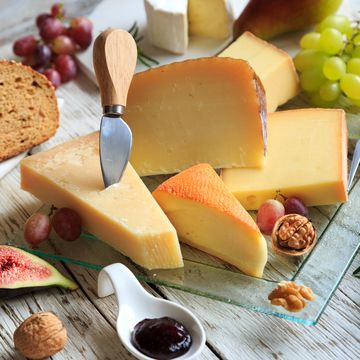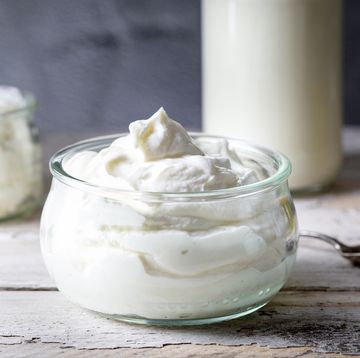A cast-iron pan is one of the best cooking tools you can find. Not only is it super versatile (it can go from the stove to the oven to the grill and even over a campfire), no other pan material can conduct and retain heat quite like it. That means deliciously caramelized seared steaks, perfectly crisp edges to skillet cornbread, and tons of flavor on everything. No wonder why Ree Drummond has so many delicious cast-iron skillet recipes!
Cast iron is also naturally nonstick and super durable. As Ree notes, "It will last forever if you take good care of it and even if you don't, you can bring one back from the dead pretty easily!" By that, she means knowing how to clean a cast-iron skillet and season it to keep its surface rust-free and nonstick.
But do you know how to season cast iron? It can seem intimidating at first, but it's easier than you think. Seasoning is simply baking oil into the pan to keep its classic black patina. Many of the best cast-iron skillets already come pre-seasoned, but part of the care process is keeping it seasoned after you use it. The good news is you only need a few steps and a few simple ingredients to keep it in great shape for years to come.
What is the best way to season a cast-iron skillet?
Whether you need to season a new skillet or re-season an existing one, you can complete it in these six easy steps:
- Preheat the oven to 400 degrees. Wash your skillet well with hot, soapy water and dry it.
- Spread a thin layer of vegetable oil or shortening in the skillet, wiping out any excess.
- Arrange your oven racks so there are two racks about equal distance apart.
- Place a sheet of foil over the bottom rack to catch the oil drips in the next step.
- Place the skillet upside down on the top oven rack.
- Bake for one hour, then turn off the heat and let the skillet sit in the oven until cooled.
What is the best oil to use to season cast-iron?
You can technically use any oil or fat, but you'll want to use something neutral with a high smoke point. Keep in mind that the pan will be in the oven for an hour. Vegetable oil and shortening are best because they're inexpensive. They also won't smoke up your kitchen like olive oil or other low smoke point cooking fats.
How often do you need to season a cast-iron pan?
It depends on how often you use the pan, but if you notice rust or a sticky coating develop, or if the nonstick finish starts to dull, follow the steps above to season the pan again. If you have a lot of rust, we recommend trying a cast-iron skillet rust eraser first before re-seasoning. You can also follow these instructions for cast-iron grill pans.
What do you cook in a cast-iron skillet to preserve the seasoning?
The good news is the best way to maintain seasoning is to put your cast-iron pan to work. Cooking anything with fat (meaning oil, shortening, or butter) will help bake layers into the pan, contributing to its natural nonstick coating. Make all your steak dinners or fry up some bacon for any and every reason and you'll be seasoning the skillet along the way.
